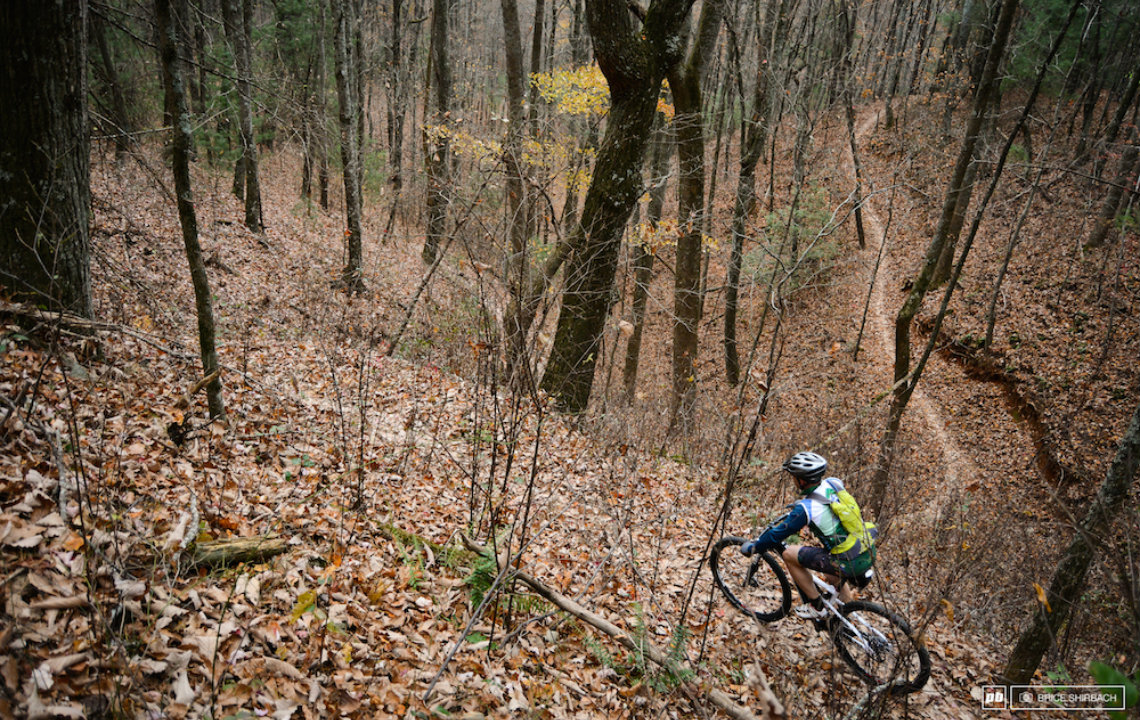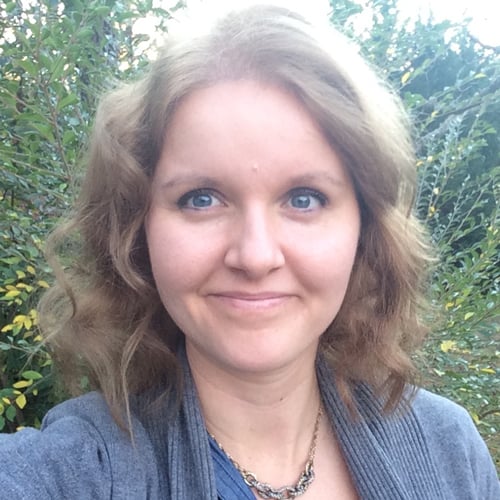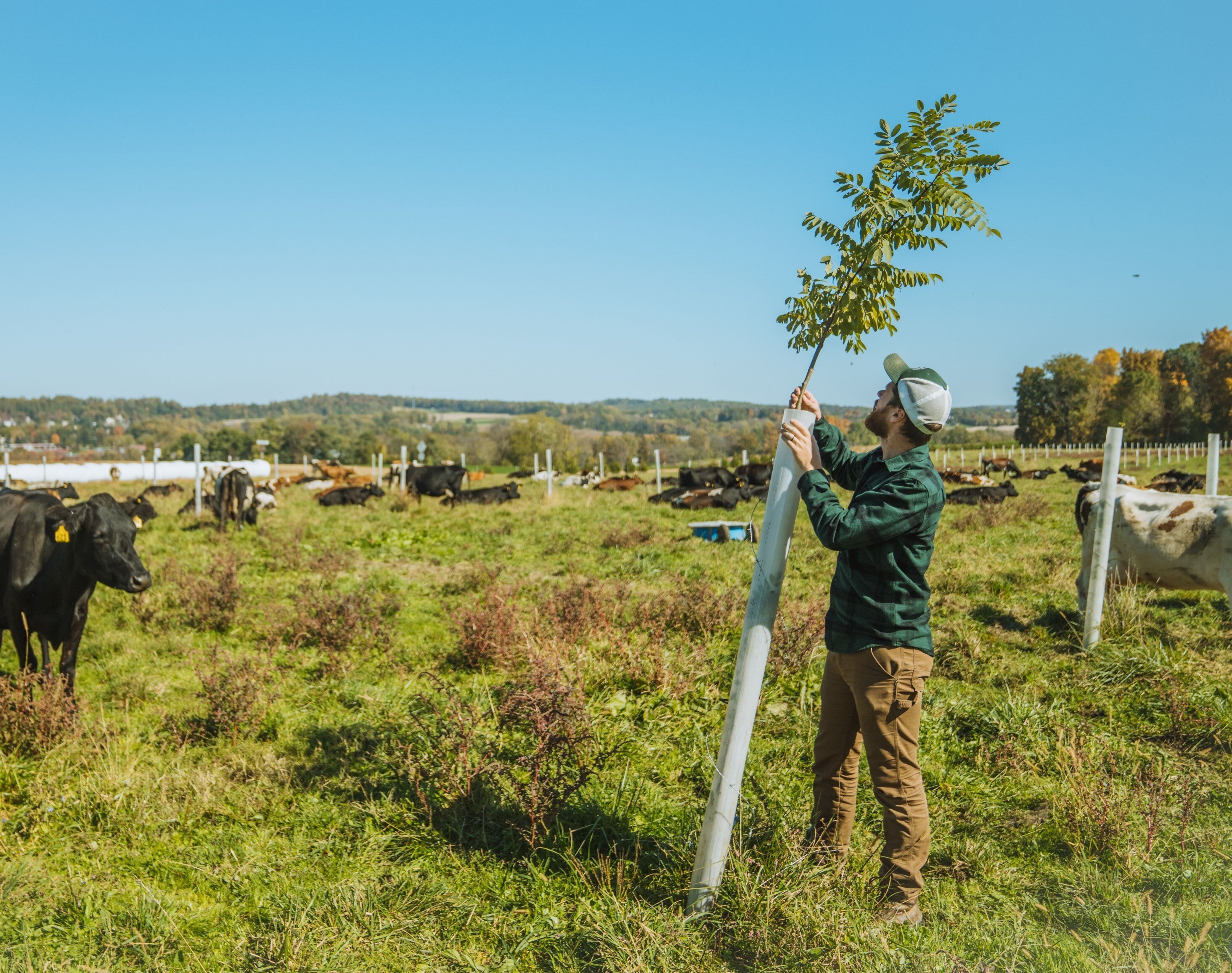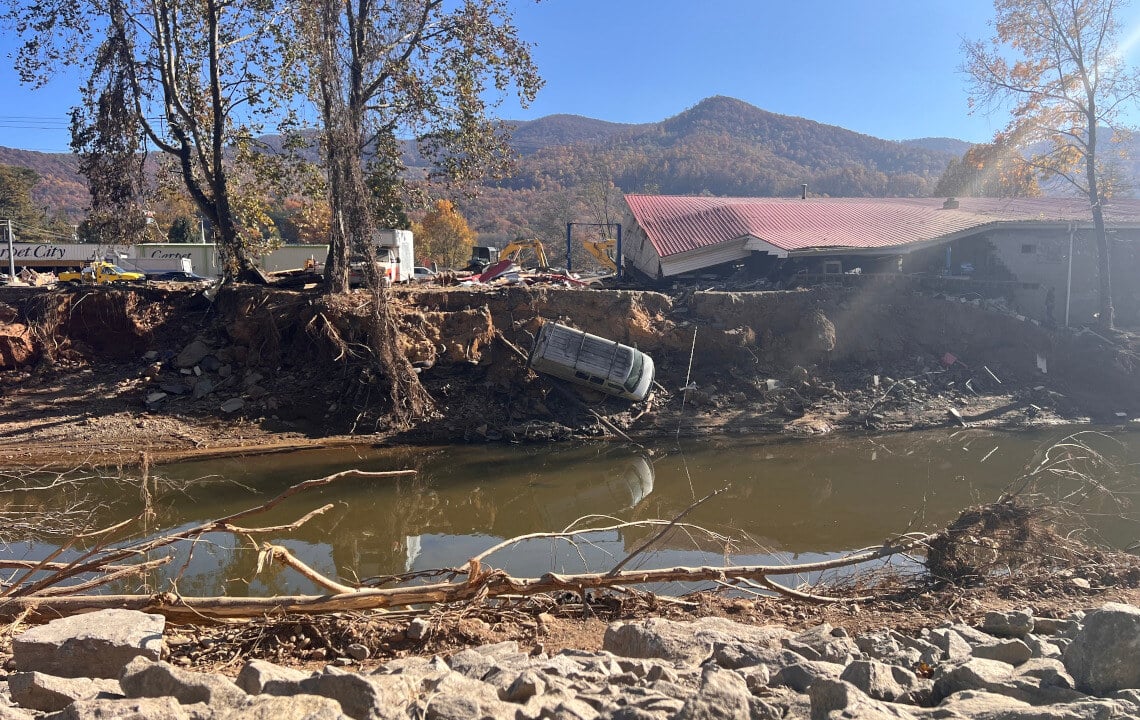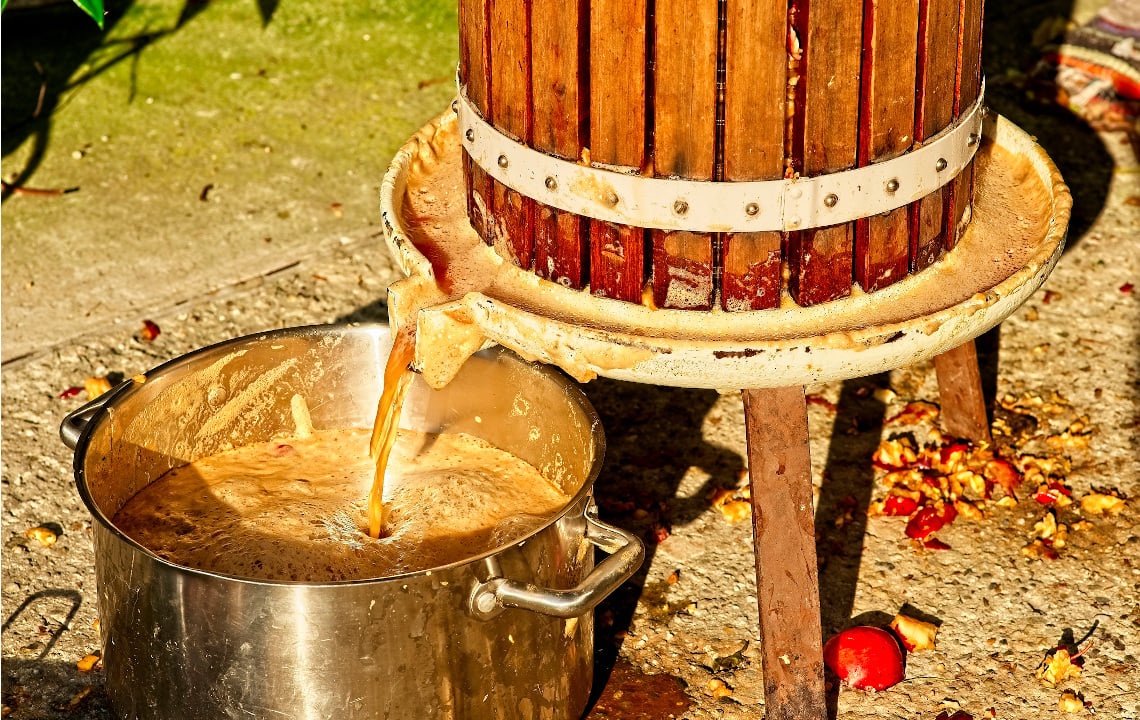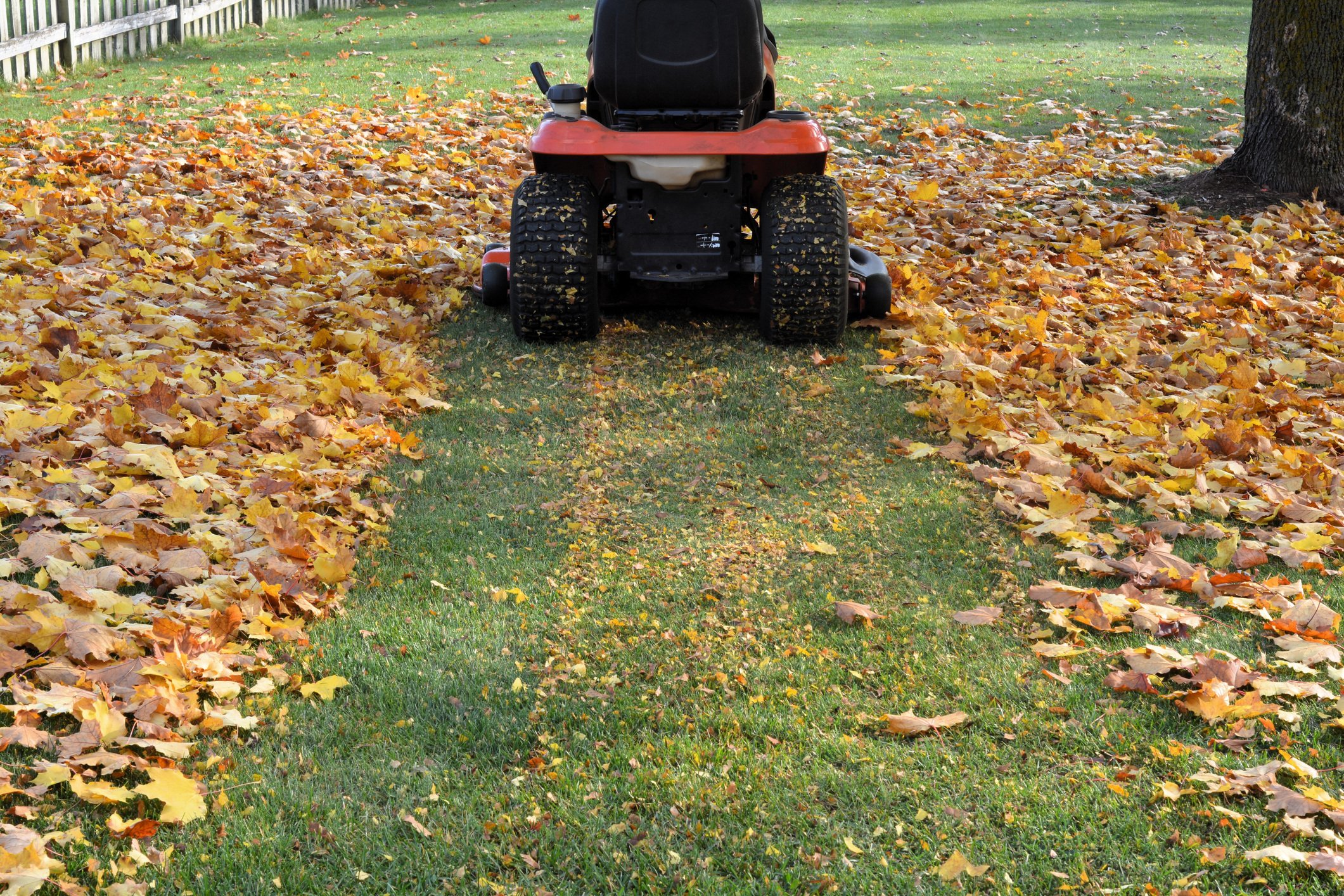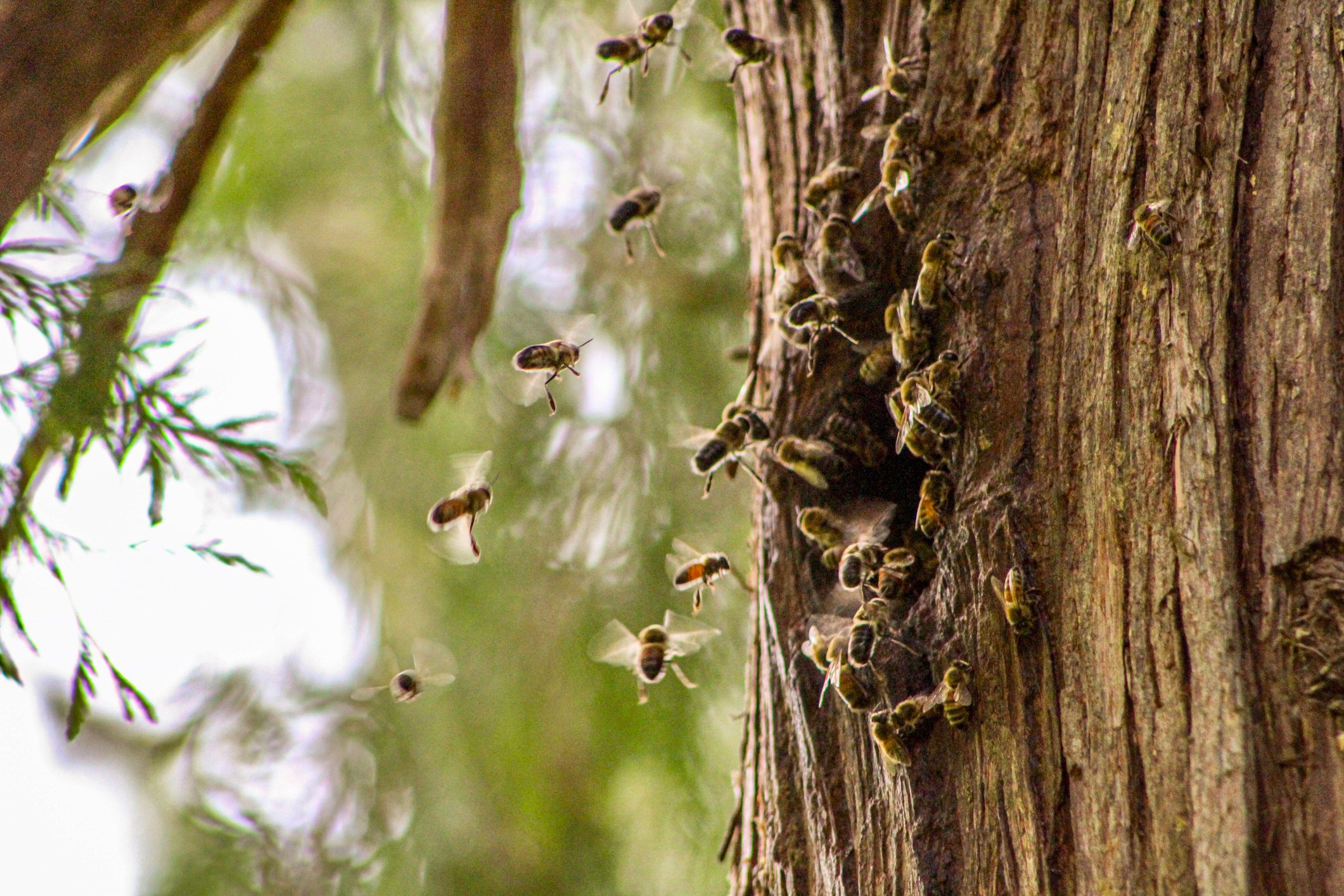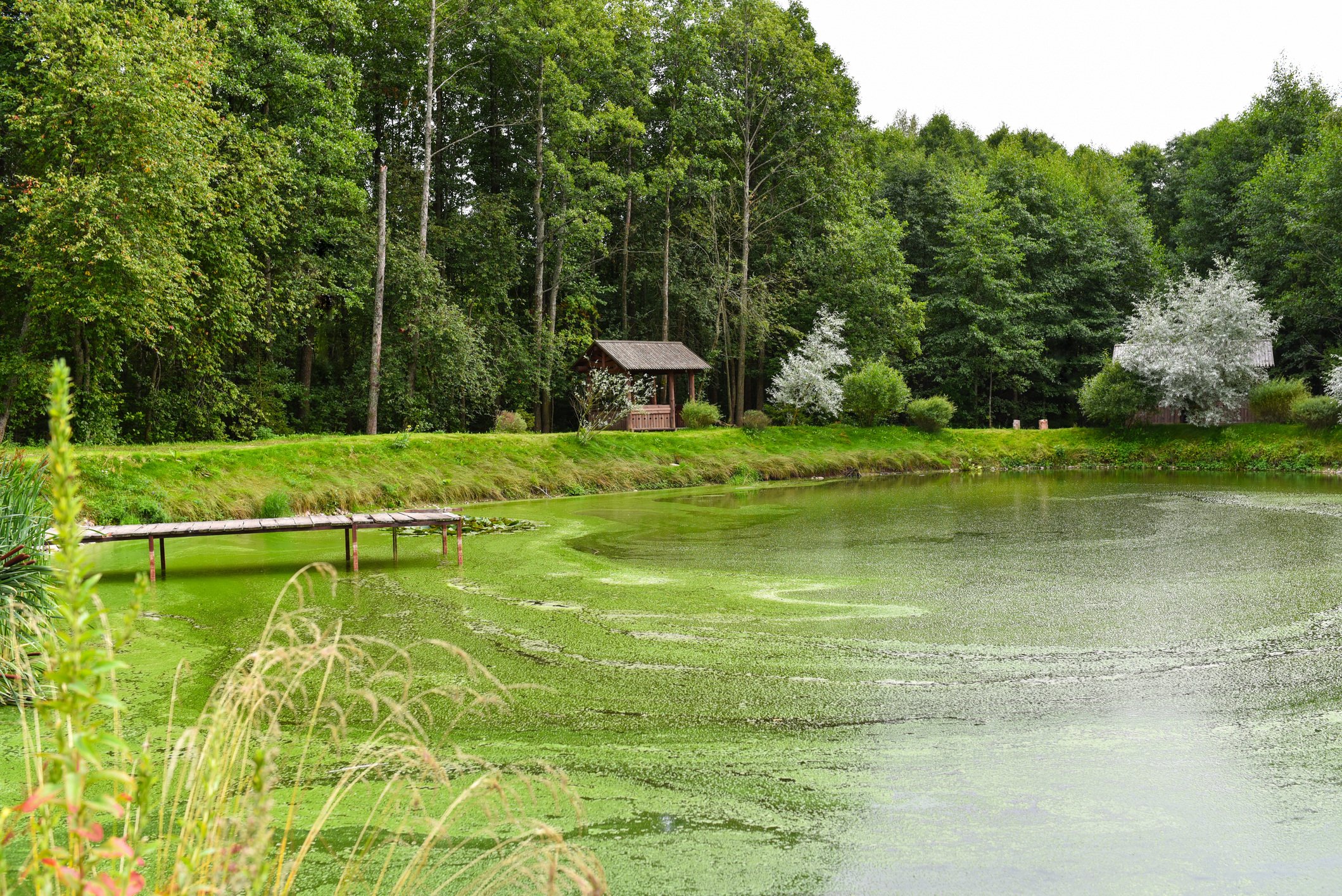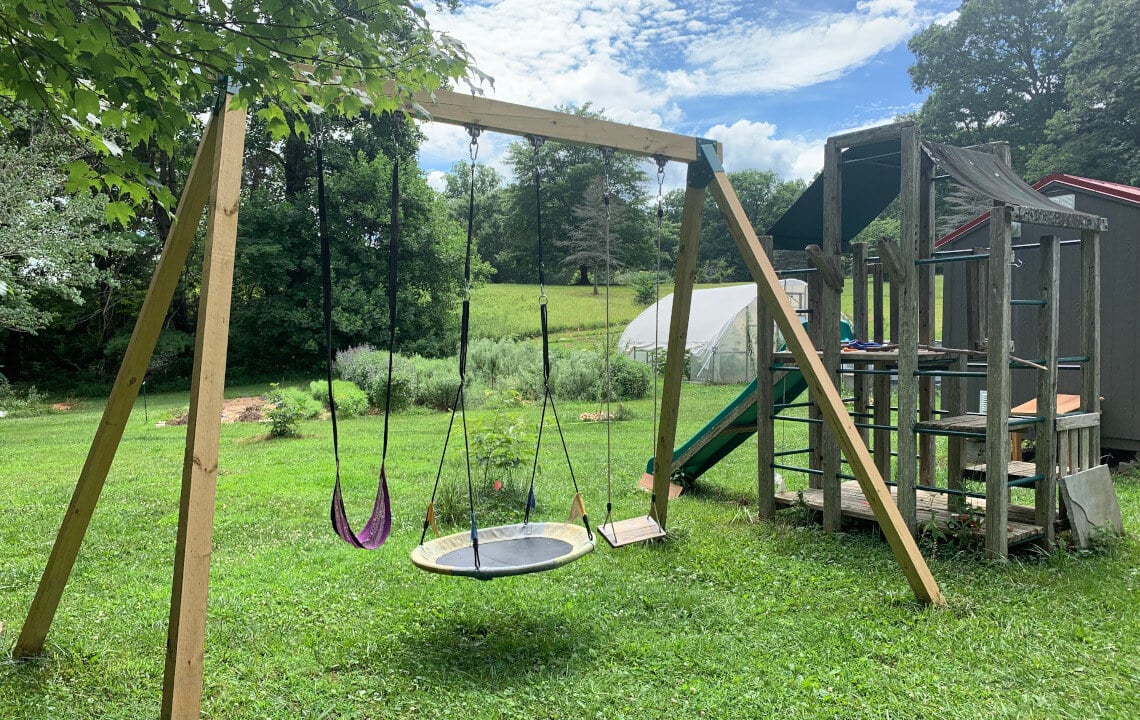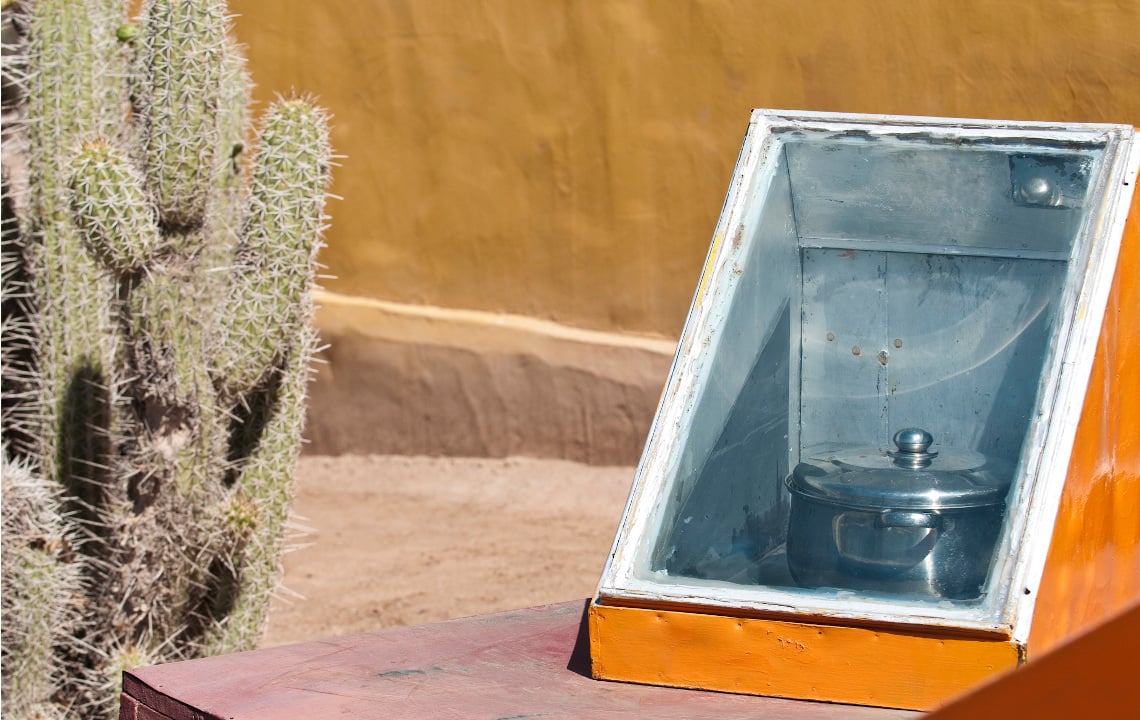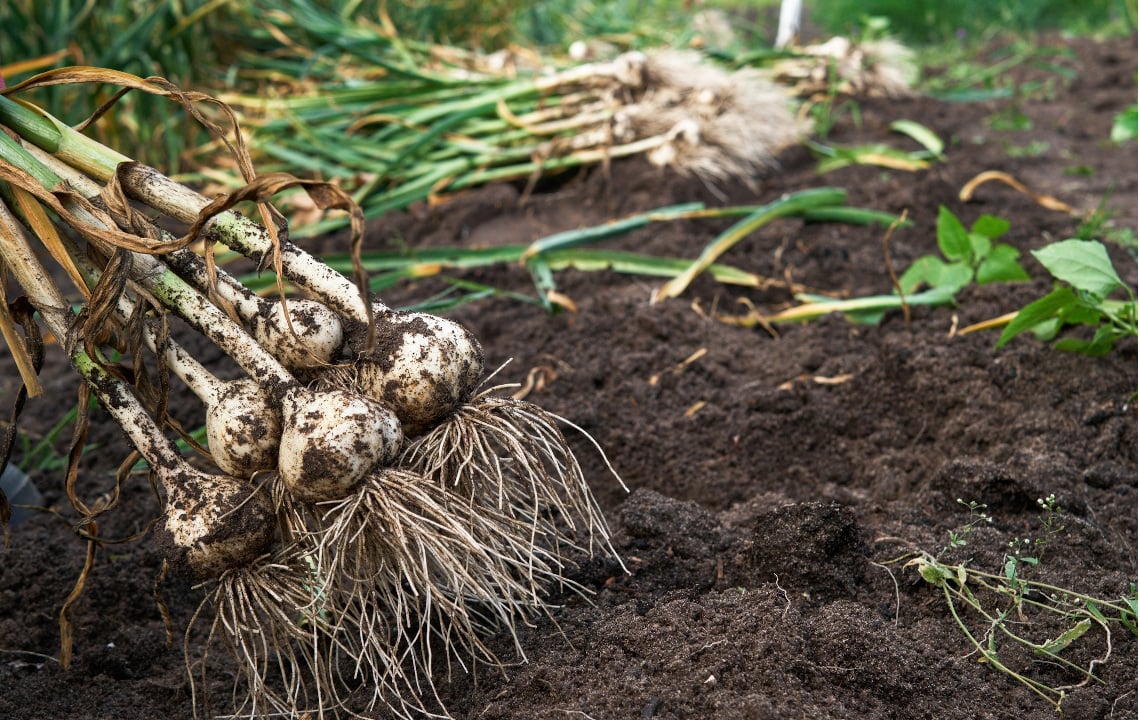The owners of a mountain bike getaway talk about how they found the property of their dreams and made it work for their retreat.
This article is part of our six-part series, "How many acres do you need?" Be sure to check out the other five installments:
- How many acres do you need for a CSA or market garden?
- How many acres do you need for a hobby farm or homestead?
- How many acres do you need to raise or board horses?
- How many acres do you need to raise cattle?
- How many acres do you need for hunting land?
We’ve all thought about it.
Ditching the 9-5, finding an idyllic piece of property and getting paid to live there by starting up a fabulous retreat.
But what if you really did it?
What if you left everything you knew, moved to an ultra-conservative town in the sticks, and started up a mountain retreat…without really knowing who your customers would be, where they would come from and exactly how you would make a living?
Now…what if you enthusiastically opened your doors in 2007 with no idea the 2008 recession was ominously waiting to try and gut your business, gobble up your savings and ruin your lifelong dream?
Sounds like a good Netflix drama, doesn’t it?
Today we talk with Kate Gates of Mulberry Gap Mountain Bike Get A Way in rural Ellijay, Georgia, about her family’s journey from quiet Florida suburbanites (who had never tried mountain biking), to mountain biking retreat entrepreneurs.
Plus she’ll offer up some great tips on how much acreage you’ll need, along with other design considerations for setting up a successful and irresistible outdoor retreat.
If you’re interested in what type and how much land you need to start up an outdoor retreat, or are just looking for an inspiring and gritty city-to-country success story, then come along for the ride.
From Vero Beach, Florida, to the Mountain Biking Capital of Georgia
“We’re mostly family, it’s complicated, it works, and we can’t wait to meet you,” is the slogan you’ll find on Mulberry Gap’s website.
The business is run by two mom entrepreneurs, Diane Kepley and Ginni Taylor, and their children (who are married), Kate and Andrew Gates.
“My husband and I met in high school and our moms became good friends because of that,” says Kate. “My husband [Ginni’s son] was very involved in karate and taught my sister, so our families were very involved and hung out a lot.”
While Kate and Andrew were in high school, both their mothers hit a transitional period in their lives and began searching for something new.
Kate’s mother, Diane, had worked as an office manager in her husband’s optometry practice for more than two decades, and Andrew’s mother, Ginni, had run a ski lodge B&B in Vermont several years back with no plans to do anything like that again…until they learned about mountain living in Ellijay, Georgia.
“It started with some family friends who lived in Ellijay and recommended it to us,” Kate says. “We traveled up here and just started looking around for a 1-2 acre lot with a shack attached to it, so we could go four-wheel, fish and have mountain life available to us.”
They contacted a Realtor and looked for more than a year, but couldn’t find what they were looking for.
Finally, they heard about an available 15-acre vacation property that had been off the market for 2 years. The Realtor had all but given up on selling it, and admittedly it was too big and out of their budget -- but they decided to take a look.
They fell in love with the property, invited Kate and Andrew to come check it out, then pitched the idea of turning it into a business. Kate explains:
“They were undecided between turning it into a karate training retreat or a women’s retreat center. I’ll be honest and say they just winged it with no business plan, no investors, nothing. There was no target market, we just loved the property and opened the doors to see what would happen.”
What they didn’t realize was that their property was perfectly situated to attract their ideal customers.
How location put the retreat on the mountain biking map
Since the family didn’t know what type of clientele their retreat center would attract, they set it up to serve hikers, backpackers, campers, horseback riders and anyone interested in the outdoors.
For the first two-and-a-half years they went by the name: “Mulberry Gap Bunkhouse Inn and Camping,” and they had a sign out on the road.
“We just like long names apparently!” Kate laughs.
Little did they know their property was just a short ride away from the state’s best mountain biking trails.
“The mountain bikers chose us because of our close proximity to the trails and the services we offer: a hot shower, hot food, beer, hot tubs, it’s this perfect outdoor destination for bikers. They just started showing up and telling their friends…then eventually we got bikes and have adopted it and love the sport,” says Kate.
Their proximity to the trails “was such a great accident. We just stumbled upon it so we were very fortunate. We feel this place was meant to be here.”
They changed their name to Mulberry Gap Mountain Bike Get A Way, after mountain bikers were the only clients knocking on their door.
The ups and downs of weathering the recession
Despite their serendipitous location, the business nearly had to close its doors when the recession hit in 2008.
“If we were ever going to fail, and there were plenty of times we thought we’d have to close our doors and shut down, it would have been during those first seven years,” Kate recalls. "Some seasons were better than others, but winter would nearly do us in every year."
But thanks to their location, unique combination of homey-meets-rustic-services, and the boom in social media, Mulberry Gap survived.
"We're in year nine now and it's only been very recently we've had the confidence to know this place will survive. We hired our first fulltime employee in September, and we're bringing on two more in April, so big changes and healthy growth... finally!" Kate says.
“I often wonder, had the recession not been a thing, where would we be now? Because I almost feel we had to go through that to be here now.”
Despite the uncertainty, those leaner times afforded a perfect opportunity to spend time getting to know their target market.
“The reason our guests love us so much is we made such an effort to sit down and really get to know them. When it was much slower and we’d sit down to dinner with 8-10 people, it gives you enough time to really engage in honest conversation with people.”
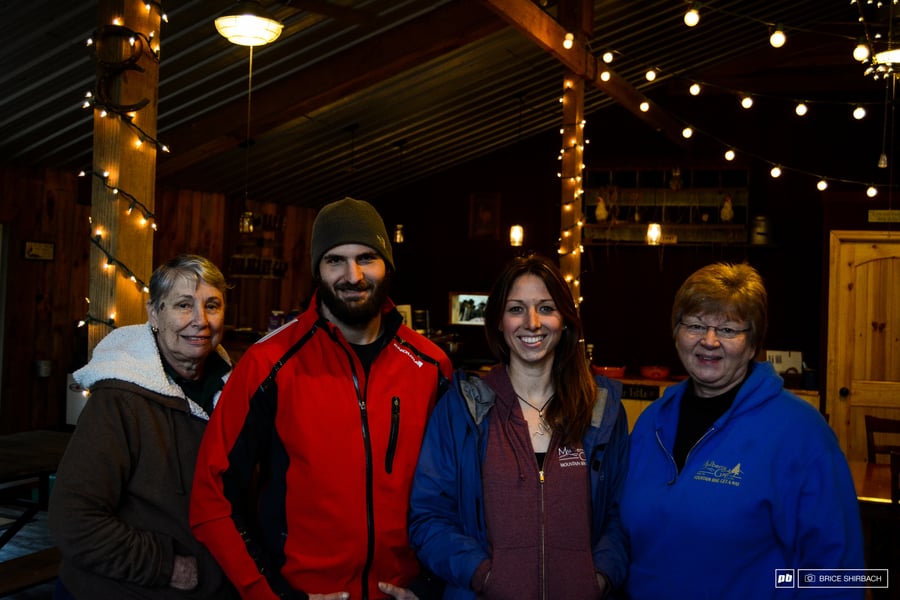
The Mulberry Gap staff and family, from left to right, includes Ginni Taylor, Andrew Gates, Kate Gates and Diane Kepley. Photo by Brice Shirbach of Pinkbike.com.
Acreage, design and investment nuances of a mountain bike retreat
“We have almost 16 acres and it’s technically 3 plots of land. We have 5 acres not built on where we have our own mountain bike trail, then the other 10 acres is functional land where the guests stay.”
Most of the mountain biking trails used by guests are on national forest land about 2 miles up the road. Location, location, location.
Kate and her family were fortunate in that the previous owner had already designed the property with several cabins, a bathhouse, a horse and mule barn, a large workshop and a kitchen and dining hall.
“About 90 percent of the buildings on this property now were already here, we simply converted them to suit our needs, which has been a slow evolution.“
“We turned the old kitchen and dining hall into cabins, we turned the old horse and mule barn into our new kitchen and dining space and my husband and I turned the old workshop (a 23’ x 46’ space) into our living quarters,” says Kate.
They’ve also upgraded the cabins a bit to suit the needs of their clientele and added an additional cabin.
“My husband is also handy with carpentry and building, so that’s helped a lot.”
The retreat has a comfortable capacity of between 50-60 guests.
The Mulberry Gap “formula” for getting a steady stream of guests
Apart from their ideal location to the biking trails, the main ingredient to their success has been feedback from their guests.
“We sit down at the table every day and we get to know our guests. We ask what we could do to make this place better for them and then we do it. And that relationship with  our guests is why we think we’ve survived.”
our guests is why we think we’ve survived.”
Kate also credits much of their success to social media.
“The trails would bring the guests to ride past us, and they’d see our sign, take a picture and post it. People would get on mountain biking forums and write about us, then mountain bikers would connect with each other on the trails and spread the word. And I think all of this morphed into our success.”
Serving alcohol has also given a healthy boost to their bottom line…but they had to jump through massive small-town hoops to get their permit. Kate explains:
“They (the town) didn’t want to give us a permit for the longest time, then once we finally got them to talk to us we almost didn’t get our permit because of a tiny, handmade church about half a mile from us. There’s a law that you can’t have alcohol within 100 feet of anything church-related.”
Luckily no one was using the church, so after much follow up and polite persistence, they finally got their alcohol permit.
Mulberry Gap also doesn’t skimp on its food menu.
Ginni prepares hearty, healthy home-cooked, meals for breakfast, lunch, and dinner using organic, farm-to-table ingredients. All the meals are served family-style in the casual, comfortable dining hall.
Diversifying in the “off season”
Kate says January and February are their slowest times, and as of this year they will be shutting down for those months.
“They close down a lot of access to the mountain bike trails so that deters people, and then it gives us some time to regroup as well.”
They also offer shuttle services to local trails and began offering multi-day/multi-state tours in 2015. They now offer 8 separate tours from Georgia to Alabama and Florida at different times of the year.
Adjusting to rural living in the mountains
For Kate the struggle was more difficult in the beginning.
“To sum it up the most difficult thing is just not having everything at your fingertips. I miss having friends close by and a yoga studio right outside my doorstep. We had one but it closed down. When you live out here you just have to commit to driving an hour and a half to Atlanta or Chattanooga to get to some stores.”
At the same time they’ve grown rather fond of the easy-going rural lifestyle.
“As soon as we start approaching Atlanta traffic now our blood pressure starts to rise. We’ve gotten very used to having the roads to ourselves, and those little things we like. You can’t see any neighbors and it’s completely silent out here. You can see the stars, you’re IN nature here. So at the end of the day I really prefer this.”
Kate’s advice on how to make working with family work
“Plan, but plan for your plan to be completely changed. And you need to have a strong idea of who’s playing what role and what roles need to be filled. Because if you don’t have that foundation set within your family it’s not a good place to start.”
Kate also stresses the importance of having FUN.
“When you live on site it’s a lot of hard work. It’s really hard to separate your work-life-balance when it’s right in front of you all the time. Give yourself boundaries, make a vacation budget and keep things FUN. Because when it’s all stress all the time, that’s when family issues start to arise.”
Despite their lack of planning, the recession and a rocky beginning, Mulberry Gap is going and growing stronger than ever, and they don’t plan on stopping any time soon.
Though their story of stumbling upon the most ideal property, equipped with nearly all the buildings they needed, located in the ultimate place to attract guests (unbeknownst to them) is exceptional, their message is universal.
You CAN ditch the 9-5, live on an idyllic property and make a great living in the great outdoors with your family in tow (and it takes about 10-15 acres for a 50-60 person outdoor retreat).
Happy trails!
To learn more about Kate, Andrew, Ginni, Diane and the entire Mulberry Gap family visit them at: www.mulberrygap.com. And be sure to check out info on their upcoming mountain bike tours including an April tour to Alabama and Bikepacking tours throughout the summer.
All photos courtesy of Kate Gates. Top photo by Brice Shirbach of Pinkbike.com.
Ready to get outdoors? Explore available land from our parent company Raydient Places + Properties.


